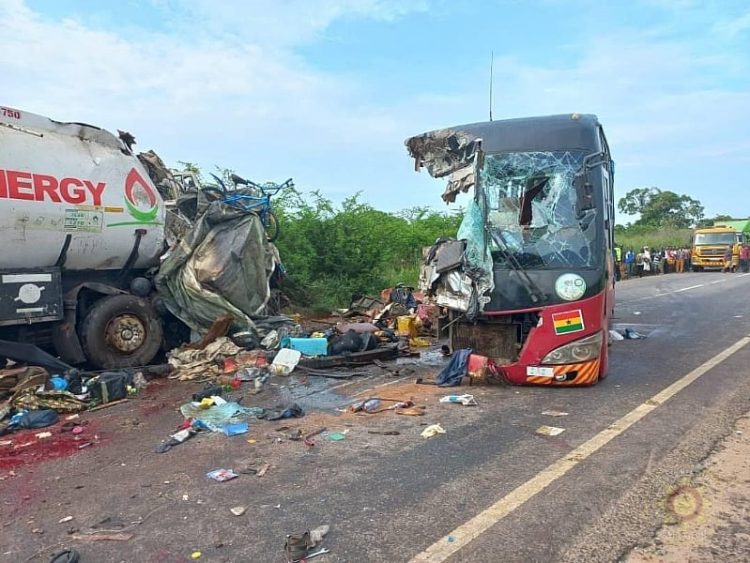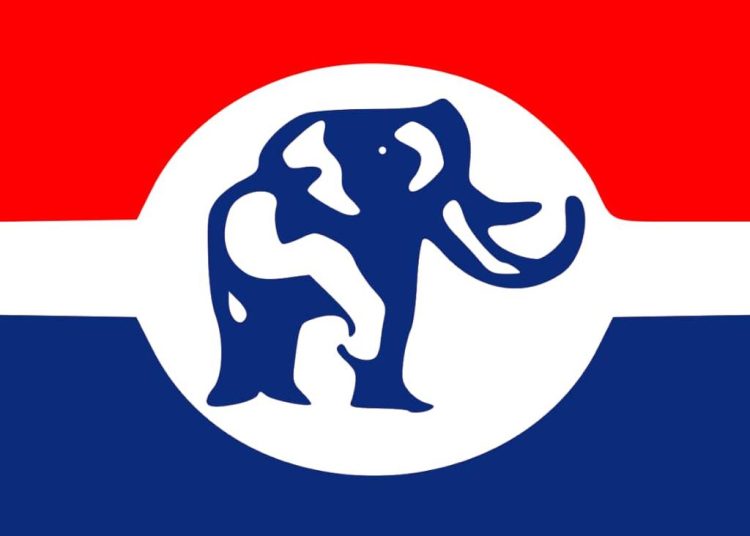Ukraine’s food supply system is falling apart under Russia’s invasion, with infrastructure destroyed and shops and warehouses growing empty, the United Nations said on Friday.
Russia fired missiles at an airport near Lviv on Friday, a city where hundreds of thousands found refuge far from Ukraine’s battlefields, as Moscow tries to regain the initiative in its stalled campaign against Ukraine.
U.S. President Joe Biden was due to talk with Chinese president Xi Jinping, in an attempt to starve Russia’s war machine by isolating Moscow from the one big power that has yet to condemn its assault.
More than three weeks since President Vladimir Putin launched an invasion to subdue what he calls an artificial state undeserving of nationhood, Ukraine’s elected government is still standing and Russian forces have not captured a single big city.
Russian troops have taken heavy losses while blasting residential areas to rubble, sending more than 3 million refugees fleeing. Moscow denies it is targeting civilians in what it calls a “special operation” to disarm its neighbour.
“Russian forces have made minimal progress this week,” Britain’s defence ministry said in a daily military intelligence update. “Ukrainian forces around Kyiv and Mykolaiv continue to frustrate Russian attempts to encircle the cities. The cities of Kharkiv, Chernihiv, Sumy and Mariupol remain encircled and subject to heavy Russian shelling.”
At least three blasts were heard near Lviv’s airport on Friday morning. The mayor, Andriy Sadovy, said several missiles had struck an aircraft maintenance facility, destroying buildings but causing no casualties.
The city, in Western Ukraine near the Polish border, is hundreds of miles from Russia’s advance and has been one of the main destinations for Ukrainians forced to flee battle zones.
Jakob Kern, Emergency Coordinator for the crisis at the United Nations’ World Food Programme, said Ukraine’s “food supply chain is falling apart. Movements of goods have slowed down due to insecurity and the reluctance of drivers”.
WFP, which feeds people in global crisis zones, also buys nearly half of its wheat from Ukraine. Kern said that the war has already pushed up global prices to an all time high, and could cause “collateral hunger” in poor countries worldwide.























































![[FREE FREE MONEY] Predict and Win a Guaranteed GH¢200 From Us EVERY WEEK](https://wordpress.ghanatalksradio.com/wp-content/uploads/2022/02/Predict-and-Win-Final-09-03-2021-218x150.jpg)
![[Predict & Win – 8th/Oct.] WIN A Guaranteed ¢200 From Us This Week](https://wordpress.ghanatalksradio.com/wp-content/uploads/2021/10/maxresdefault-16-218x150.jpg)
![[Predict & Win – 2nd] WIN A Guaranteed ¢200 From Us This Week](https://wordpress.ghanatalksradio.com/wp-content/uploads/2021/09/maxresdefault-50-218x150.jpg)
![[Predict & Win – 25th] WIN A Guaranteed ¢200 From Us This Week](https://wordpress.ghanatalksradio.com/wp-content/uploads/2021/09/maxresdefault-36-218x150.jpg)
![[Predict & Win – 18th] WIN A Guaranteed ¢200 From Us This Week](https://wordpress.ghanatalksradio.com/wp-content/uploads/2021/09/maxresdefault-23-218x150.jpg)








![[National cathedral] See full list of churches that have contributed since 2018](https://wordpress.ghanatalksradio.com/wp-content/uploads/2020/09/Ghana-National-Cathedral-GhanaTalksRadio-100x70.jpg)



